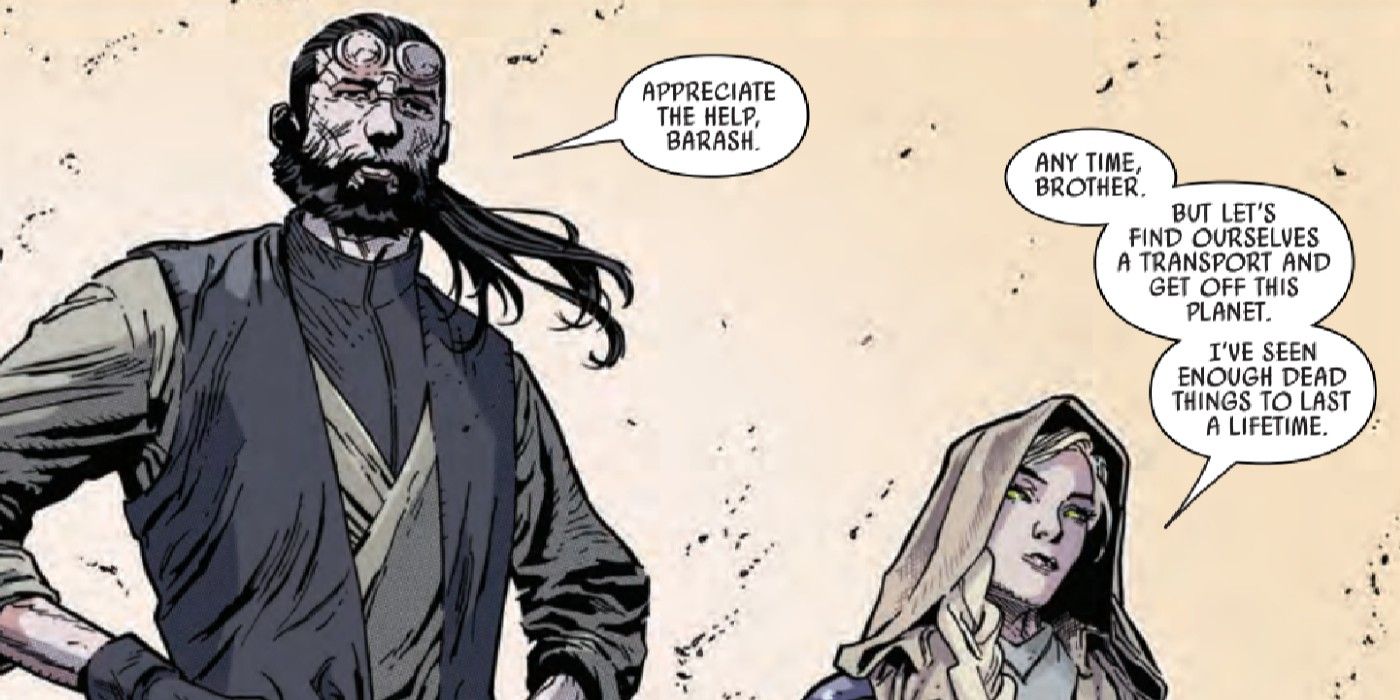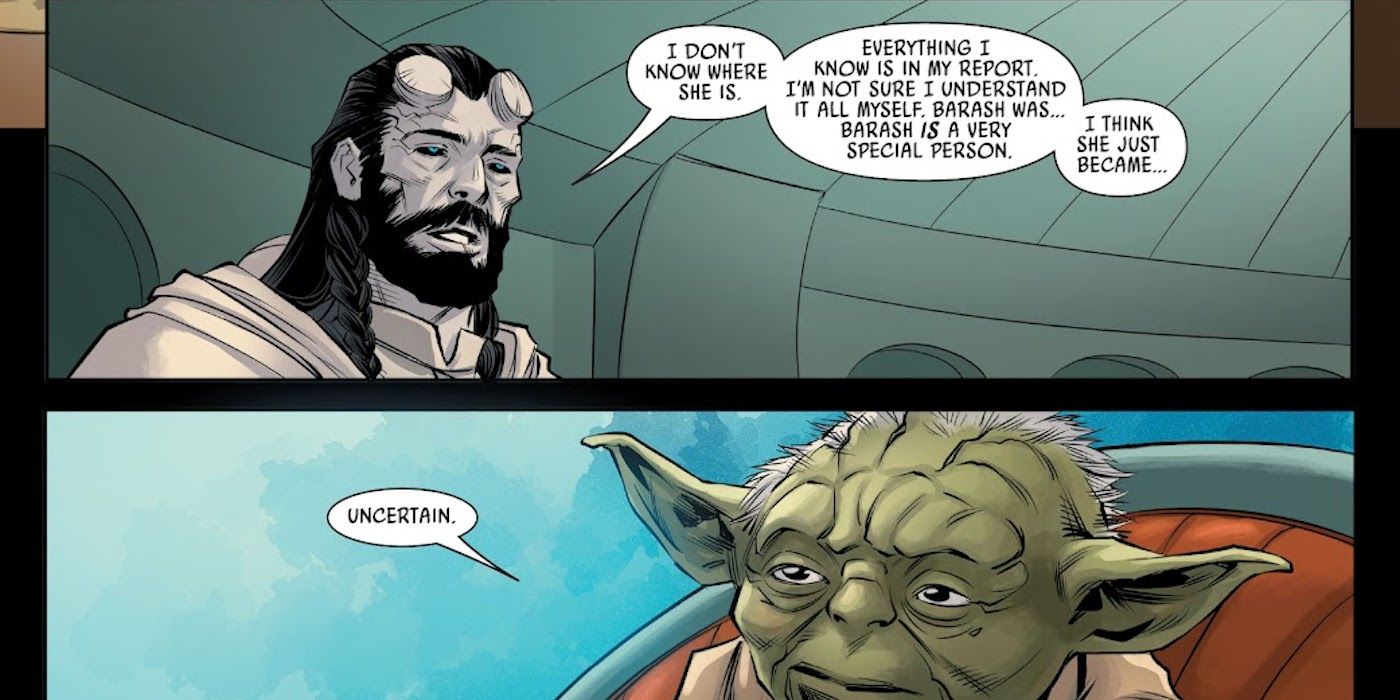Barash Vow’s Historical and Cultural Significance

The Barash Vow, an ancient tradition originating in the Indian subcontinent, holds profound historical and cultural significance. Its roots can be traced back to ancient Hindu scriptures, where it is mentioned as a sacred oath taken by warriors before embarking on battles. The vow, also known as the “Vrata,” symbolizes unwavering determination, courage, and the willingness to sacrifice one’s life for a righteous cause.
Barash vow, an ancient tradition of offering one’s life to the divine, finds its resonance in the teachings of master indara. He emphasizes the significance of self-sacrifice and the ultimate surrender to a higher power. Through barash vow, individuals seek liberation from worldly desires and strive to achieve a state of spiritual enlightenment, embodying the essence of this sacred practice.
Religious and Cultural Importance
The Barash Vow is deeply rooted in Hindu religious beliefs. It is considered an act of devotion and penance, undertaken to seek the blessings of Lord Shiva, the god of destruction and transformation. Devotees who take the vow observe strict austerities for a period of 12 days (Barash in Hindi), abstaining from food, water, and other worldly pleasures. During this time, they engage in intense meditation, prayer, and self-reflection, seeking spiritual purification and divine guidance.
The barash vow, a sacred pledge taken by young women in some communities, has been a topic of much discussion. Its origins can be traced back to ancient traditions, and it continues to hold significance in certain cultures. While the vow itself is a complex and multifaceted subject, it has also been linked to the tragic death of Mandisa , a young woman who was found dead under mysterious circumstances.
As investigations into Mandisa’s death continue, the barash vow remains a central focus of the inquiry, shedding light on the intricate social and cultural dynamics that shape our communities.
Societal Norms and Traditions, Barash vow
The Barash Vow has had a significant impact on societal norms and traditions in the Indian subcontinent. It has fostered a culture of bravery, sacrifice, and selflessness. Warriors who took the vow were highly respected and revered, and their actions served as an inspiration for generations to come. The vow also played a role in shaping social hierarchies, with those who successfully completed it gaining status and honor within their communities.
The Barash Vow in Contemporary Society
The Barash Vow continues to hold relevance in contemporary society, influencing various aspects of life, from personal relationships to social activism. Its principles of unity, compassion, and non-violence resonate deeply in a world grappling with challenges such as inequality, conflict, and environmental degradation.
Interpretation and Practice Today
In modern times, the Barash Vow is interpreted and practiced in diverse ways. Some individuals embrace its literal meaning, striving to live a life free from harmful actions and promoting unity among all beings. Others find inspiration in its broader principles, incorporating them into their daily lives through acts of kindness, community service, and advocacy for social justice.
The Barash Vow has also found expression in various artistic and cultural forms. Poets, musicians, and filmmakers have drawn inspiration from its teachings, creating works that explore themes of compassion, empathy, and the human condition.
Challenges and Opportunities
While the Barash Vow presents opportunities for personal growth and social transformation, it also faces challenges in contemporary society.
- Cultural Relativism: The Barash Vow’s emphasis on non-violence can be difficult to reconcile with the realities of a world often marked by violence and injustice.
- Economic Disparities: The vow’s call for unity and compassion can be undermined by economic disparities and social divisions that create barriers between individuals and communities.
- Political Polarisation: In an era of heightened political polarisation, the Barash Vow’s principles of unity and non-partisanship can be challenging to uphold.
Despite these challenges, the Barash Vow remains a powerful force for positive change. By promoting compassion, empathy, and the pursuit of unity, it offers a path towards a more just and harmonious society.
Variations and Adaptations of the Barash Vow

The Barash Vow, as a cultural practice, has undergone various interpretations and adaptations throughout history. Different versions and regional variations of the vow have emerged, reflecting the diverse cultural and geographical contexts in which it has been practiced.
One notable variation is the duration of the vow. In some regions, the vow is observed for a specific period, such as 40 days or a year. In other regions, the vow is observed indefinitely until the desired outcome is achieved.
Geographical Adaptations
The Barash Vow has been adapted to different geographical regions, each with its unique cultural influences. In some regions, the vow is associated with specific deities or saints, while in others, it is seen as a more general expression of faith.
For example, in the Indian subcontinent, the Barash Vow is often associated with the goddess Durga. Devotees observe the vow to seek her blessings for various reasons, such as good health, prosperity, or success in endeavors.
Cultural Adaptations
Cultural adaptations of the Barash Vow reflect the diverse social and cultural practices of different regions. In some cultures, the vow is primarily observed by women, while in others, it is observed by both men and women.
In some regions, the vow is accompanied by specific rituals and practices, such as fasting, meditation, or pilgrimage. These adaptations add layers of cultural significance and meaning to the vow.
Barash vow, a sacred pact between two individuals, is often characterized by unwavering loyalty and mutual support. In the realm of the divine, osha acolyte , revered for their spiritual devotion , embody the essence of such a bond. Their unwavering faith and commitment to the sacred teachings mirror the steadfastness of a barash vow, where individuals stand side by side, navigating life’s challenges with unwavering support and unwavering dedication.
Barash vow is a vow of silence that is taken by some people for various reasons. It can be a vow of silence for a specific period of time, or it can be a vow of silence for life. While taking the barash vow, one may wonder about other things happening in the world.
For example, some may ask, what time is the acolyte coming out ? After getting the answer, they may return to their contemplation of the barash vow and its implications.
The Barash Vow, a powerful oath taken by warriors, resonates with the unwavering determination of Dean-Charles Chapman , an actor whose captivating performances embody the same spirit of courage and sacrifice. As the Barash Vow binds warriors to protect their kin, Chapman’s talent captivates audiences, inspiring them with tales of valor and unwavering loyalty.